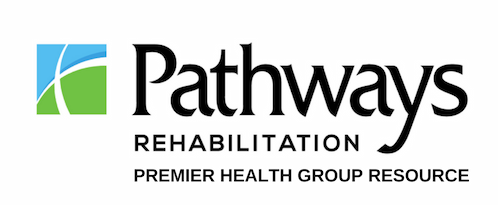If you have ever had the unfortunate experience of taking either a dose of prednisone, or drinking an excessive amount of alcohol, it is likely that you are aware of how dangerous both of these can be to your health. In order to avoid serious health issues as a direct result of a poor prednisone or alcohol intake, it is important to learn more about the relationship between the two, and to learn how you can get your body and life back in balance. Here is a closer look at what can cause a prednisone and alcohol overdose, as well as what you can do about this.
Prednisone interferes with the normal production of digestive fluid, which leads to high levels of gastric acid. Alcohol consumption also causes increased gastric acid production, thus increasing the likelihood of developing gastric ulcers. High levels of stomach acid can irritate the stomach lining, causing pain and vomiting, both of which can lead to dehydration.
Once the body begins to respond to excessive amounts of alcohol, prednisone can begin to weaken the liver and decrease its ability to detoxify toxins. Over time, the body can become dependent on alcohol in order to receive relief from prednisone side effects. When this occurs, the body may have difficulty getting rid of alcohol and its toxins. This can lead to liver failure, which can potentially lead to a deadly overdose.
When drinking alcohol, especially over a period of several days, some people can develop indigestion, which can be caused by a buildup of bacteria and other allergens that can build up in the stomach. When the body’s immune system is weakened, it can become vulnerable to these allergies, which may also lead to other health concerns. Over time, consuming too much alcohol can lead to severe gastrointestinal problems that include abdominal pain, heartburn, vomiting, nausea, cramps, diarrhea, fatigue, and abdominal bloating.
There are a number of medications available to help treat symptoms associated with a prednisone and alcohol overdose, including anti-inflammatory drugs such as ibuprofen, steroids, antihistamines, and nonsteroidal anti-inflammatory drugs (NSAIDs). If none of these options work, you may wish to seek the advice of a physician. Your physician may prescribe anti-depressants, antibiotics, or even antifungal pills.
Before taking any medication, it is important to make sure you understand the possible side effects and the possibility of experiencing side effects from a high dose of one or more of them. If you are not aware of potential side effects or interactions, talk to your physician about these issues. Be sure to discuss the possible adverse reactions and possible alternative treatments as well.
